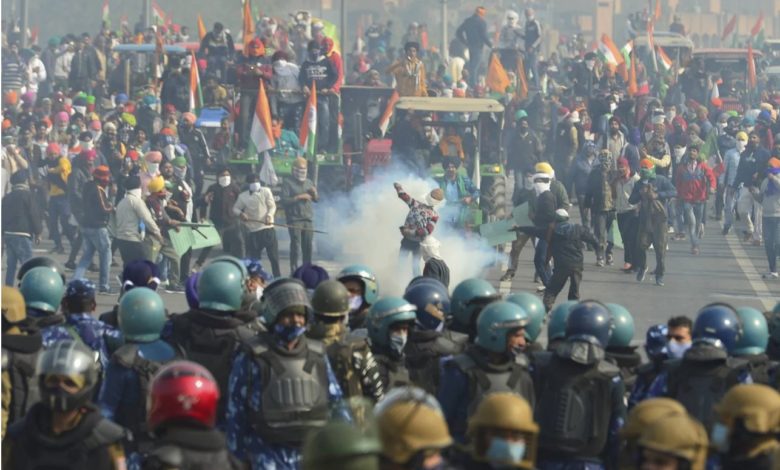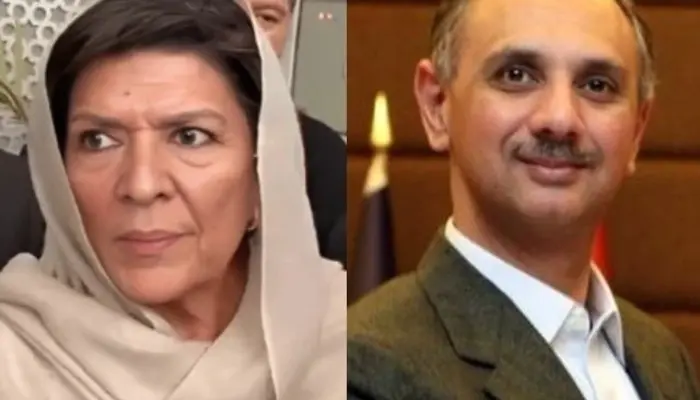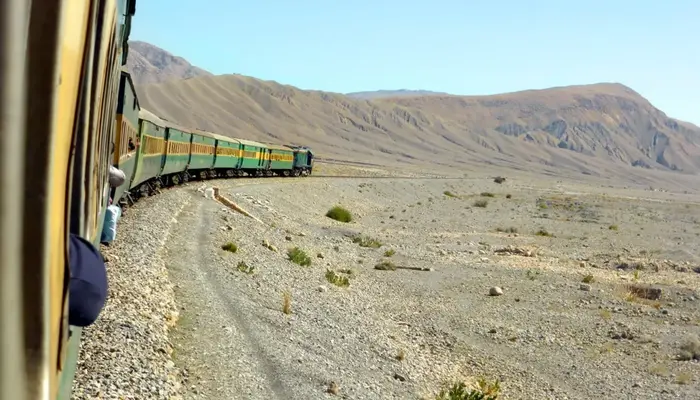
As the military built its case against expelled elected leader Aung San Suu Kyi, Myanmar faced growing isolation on Thursday, with internet services being increasingly scarce and the country’s last private newspaper ceasing publication.
Suu Kyi, the Nobel Peace Prize winner, was detained and overthrown in a military coup on Feb. 1, sparking nationwide protests that security forces have struggled to quell with increasingly violent tactics.
According to the Support Organization for Political Prisoners campaign organization, the overall recorded number of people killed in the violence was 217, although the real figure was possibly even higher.
The coup has been condemned by Western governments, who have called for an end to the bloodshed and the release of Aung San Suu Kyi and others. Asian neighbors have volunteered to assist in the crisis resolution.
The demonstrations and a simultaneous civil disobedience movement of strikes against military control have crippled vast parts of an economy still reeling from the novel coronavirus, while many global investors are reconsidering their plans.
The UN food agency issued a warning this week that rising food and fuel prices across the world could jeopardize poor families’ ability to feed themselves.
“Whatever happens in Myanmar in the coming months, the economy will crash, leaving tens of millions in desperate need of protection,” said historian and author Thant Myint-U on Twitter.
Although security forces have concentrated on quelling dissent in Yangon and other areas, minor protests have erupted throughout the country on a regular basis.
Thousands of people marched in the small town of Natmauk on Thursday, according to the Democratic Voice of Burma. Aung San, Myanmar’s chief in the war for independence from colonial control Britain, and Suu Kyi’s father were both born in the central town.
The Irrawaddy and Myanmar Now news portals announced that a 24-year-old anti-military activist died on Wednesday, three days after he was arrested and beaten in the central town of Monywa.
Myanmar has been the subject of “deeply distressing” allegations of violence in detention, according to the UN human rights office in Geneva.
A junta spokesperson did not respond to a request for comment.
















